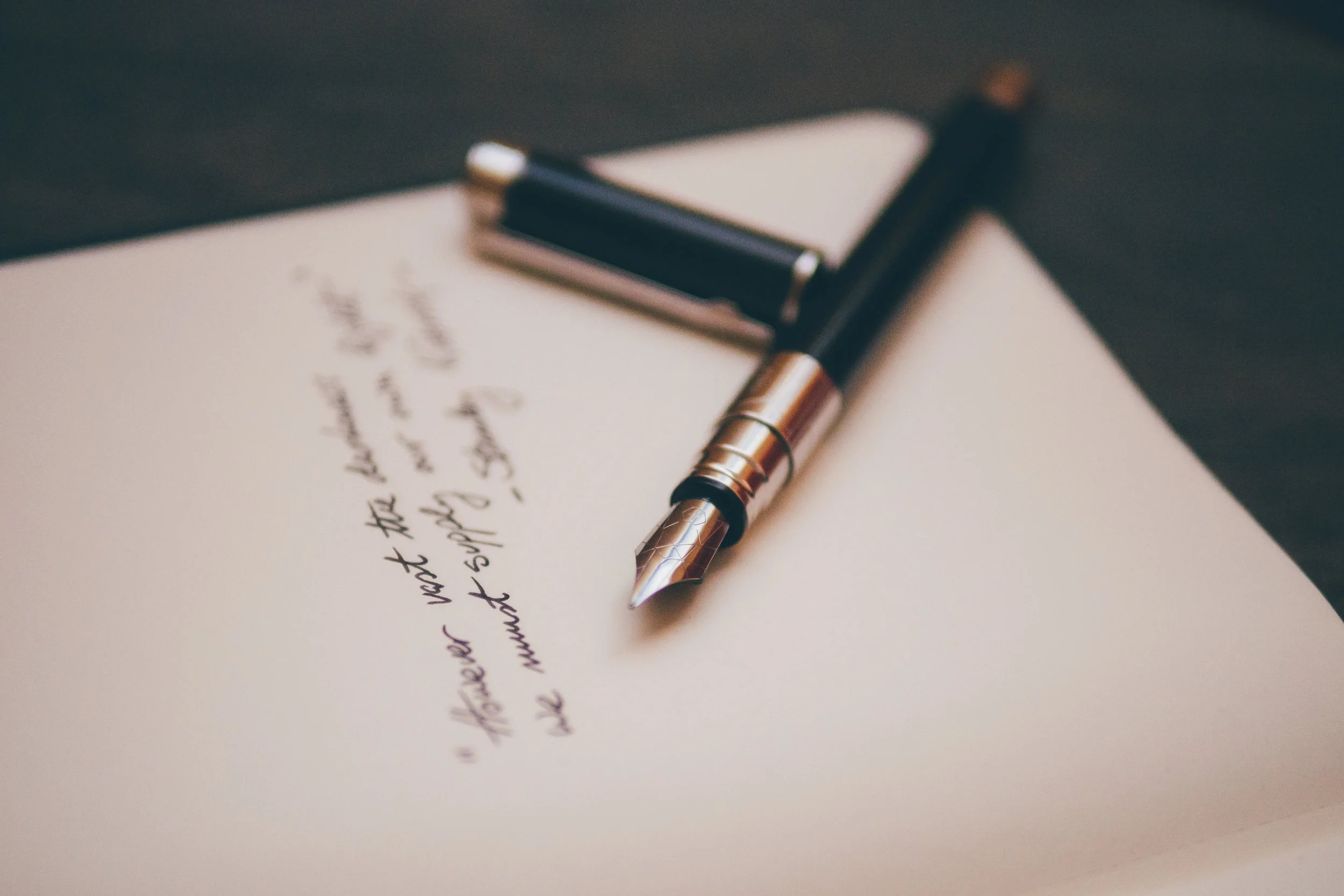The Power of Little Rewards
Our sweet new little puppy, Patty, starts training tonight. We go to a wonderful facility that uses a rewards-based method, relying on lots of delicious treats to teach dogs boundaries, confidence and skills. The sessions last for about an hour and a half, during which time, humans ask dogs to do all kinds of crazy things (or so they probably think, as none of them make sense in the wild, natural life of a dog) like sit for extended periods, look at our faces, come when called and so on.
During that time, though there are lots of other dogs, toys and humans in the room, we ask them to completely ignore other dogs, not jump on other humans and only go for the toys when prompted. For a 7-month-old canine, that’s a tall order and a source of complete confusion.
Yet with patience and perseverance, the dogs usually end up doing all that we ask and more. Why and how do they succeed? Partly, it’s because of all the rewards they’re being given, at least in the beginning, for performing the way we ask them to. (For Patty, that means hot dogs. Lots of hot dogs. And as many belly rubs as possible.)
There’s more to rewards-based training than just administering treats and heaps of praise. There’s a whole system and philosophy I can’t adequately address on this blog. Nevertheless, in pondering the concept of rewards-based performance, I can't help but relate little Patty’s future experience in class to my own work method.
In a way, we have it easier than dogs do. When we’re faced with a project that requires our attention and work, we typically understand why and how we’re performing it and why it benefits us to do so in the long run. But that doesn’t mean that our motivation doesn’t wane.
And when that happens, like our favorite furry friends, we can also use a peppering of little rewards to get through it. I find frequent little treats especially helpful during long writing or transcription days. During these times, here’s how I bribe myself to get through:
I run.
I actually start my day off with a reward way before sitting down at my desk. I go out between 5 and 6:30 for my morning jog. During that time, I get to indulge in a few chapters of an audiobook or zone out to some of my favorite new music. I get time for myself and can set my intention for the day. It feels like luxury.
I do yoga.
Nothing breaks writer’s blog or brings me down from an intense writing session like deep, steady breaths. I usually take a yoga class in the afternoon for that reason. I’ll get up early and start writing at the crack of dawn if it means I’ll get to finish in time for my afternoon yoga session.
I, too, work for treats.
My morning cup of coffee is the first treat of the day. I try to make lunch as delicious as possible so I can look forward to my midday break. I prefer tiny, bite-size snacks I can pop throughout afternoon writing sessions (wasabi peas, raw almonds and M&Ms are my favorites) or a hot cup of tea I can sip slowly.
I go to the dog park.
This is really out of necessity, because my two energetic hounds need around two hours of exercise per day. But when I go there, I can get my mind totally off work for an hour or so. I find few things more exhilarating than watching happy dogs sprint at full speed, playfully pursuing one another. There’s also sunshine, fresh air and a bit of conversation with other dog owners to look forward to.
I create my own incentives.
When my budget allows, I factor in a reward after finishing a project. I may dedicate part of an assignment fee to a pedicure, a massage or even that awesome pair of shoes I’ve had my eye on. When the budget is tighter, a glass of wine or a good beer does just fine.
I nap.
I don’t nap often, but when I do, it’s because I need it. And for me, nothing revitalizes better than a 20-minute snooze. It’s instant refreshment.
I catch up with friends and colleagues.
When I feel myself becoming distracted, I take a moment to just zone out. I check my Facebook wall, maybe comment on a few posts or read up on a blog I haven’t visited in a while. I do this for about five minutes max before returning to my work.
I stretch.
That’s it. I just get up, stretch, take a few turns and sit back down.
I cop a snuggle.
Petting and cooing over our pets really does make us feel better. Research shows it actually releases feel-good hormones in both humans and dogs instantly. How’s that for a pick-me-up? And it’s free!
When I just can’t do any more, I stop.
When our dogs have lost their ability to focus, they’re too tired or just not that into it anymore, they just sort of roll over and look at me, like, “that’s it!” As humans, we also have a threshold. I’ve certainly found myself staring cross-eyed at the computer screen after hours of writing, unable to apply coherent thought to what I’ve just created, unable to see past the words to the ideas. When that happens, I shut down the computer and head downstairs, usually to cook dinner, listen to the news and relax for the evening.
Do you have a rewards system? What little rewards to you swear by?






